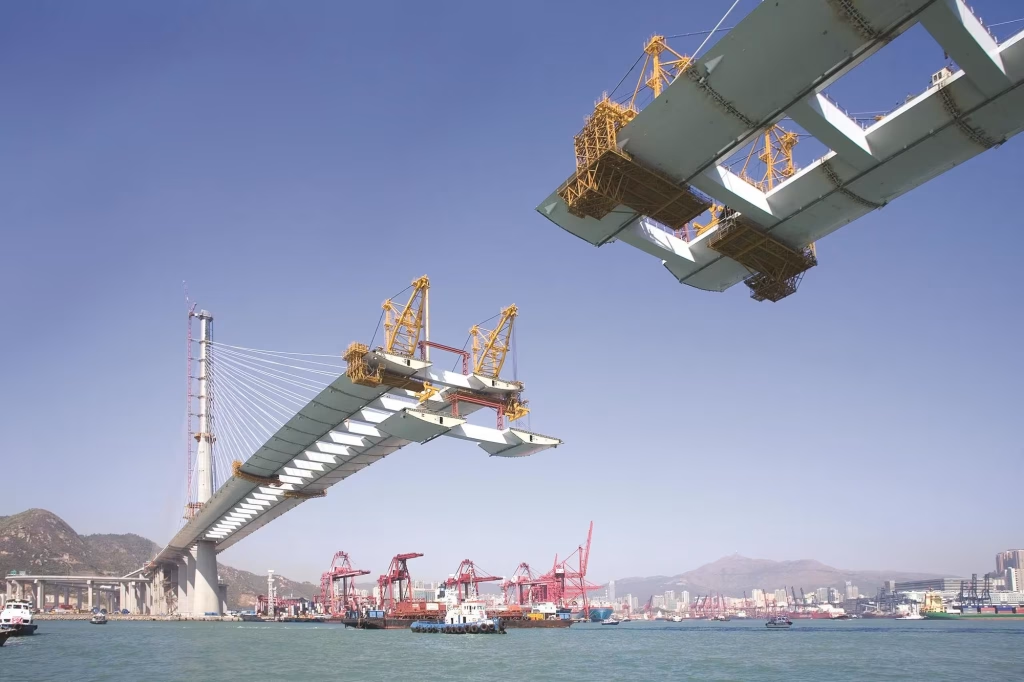Building Bridges to Last Longer
Advancements in Infrastructure Longevity
Why Bridge Durability Matters
Bridges are the arteries of modern transportation, connecting cities, economies, and people. Yet, across the globe, aging infrastructure poses safety and economic challenges. Many bridges were built decades ago, designed with materials and lifespans that no longer match today’s traffic loads and climate stressors. Prolonging bridge life isn’t just about convenience—it’s about saving lives, reducing maintenance costs, and ensuring sustainable growth.
The Role of Steel Rebar in Structural Integrity
At the heart of every concrete bridge lies steel reinforcement, or rebar. This material provides the tensile strength that concrete lacks. However, traditional steel rebar is prone to corrosion, especially when exposed to de-icing salts and marine environments. Corroding rebar expands, cracking the surrounding concrete and ultimately compromising the bridge’s safety.
Innovations Extending Lifespan
Recent advancements in steel rebar technology are game-changers. One major improvement is the use of epoxy-coated and stainless-steel rebar, which resists corrosion far better than traditional carbon steel. Even more promising is the development of fiber-reinforced polymer (FRP) rebar—non-metallic and completely resistant to rust. These materials drastically extend a bridge’s service life, from an average of 50 years to potentially over 100.
Smart Monitoring and Predictive Maintenance
In addition to better materials, smart technology is revolutionizing maintenance. Embedded sensors in bridges now provide real-time data on stress, vibration, and corrosion levels. This predictive insight allows engineers to address issues before they become critical, minimizing downtime and repair costs.
Conclusion: Building for the Future
The future of bridge construction is not just about aesthetics or capacity it’s about resilience. By investing in better materials and smart technology, we are building bridges that will serve generations, ensuring safety, sustainability, and economic vitality for decades to come.

